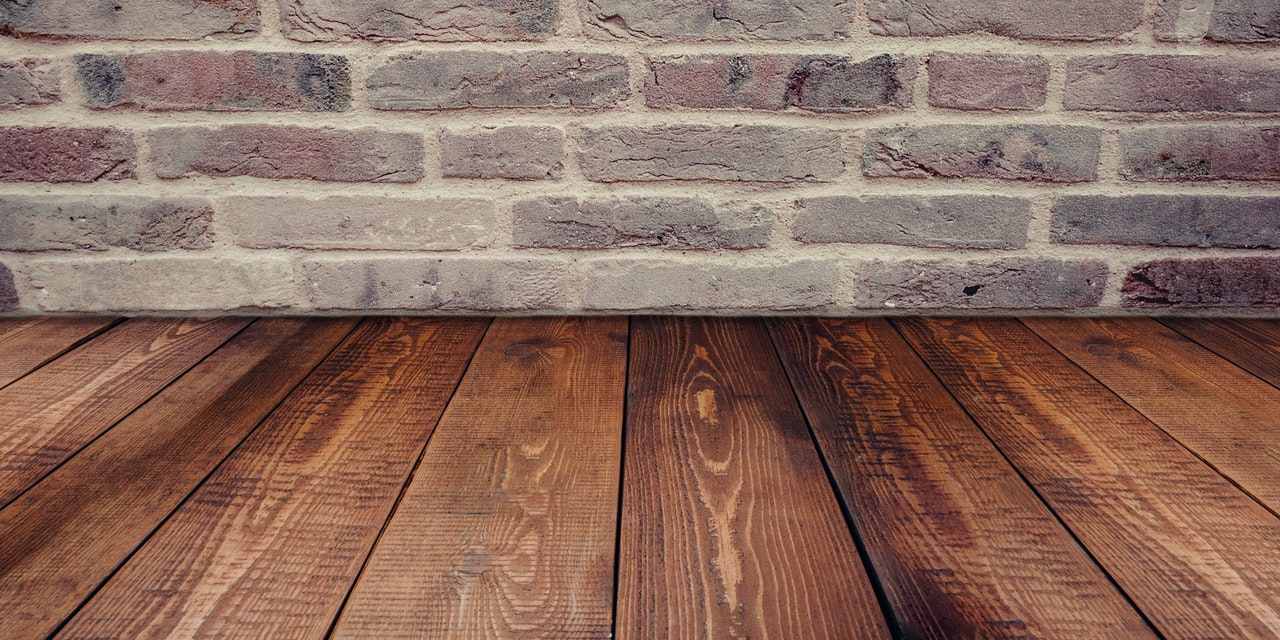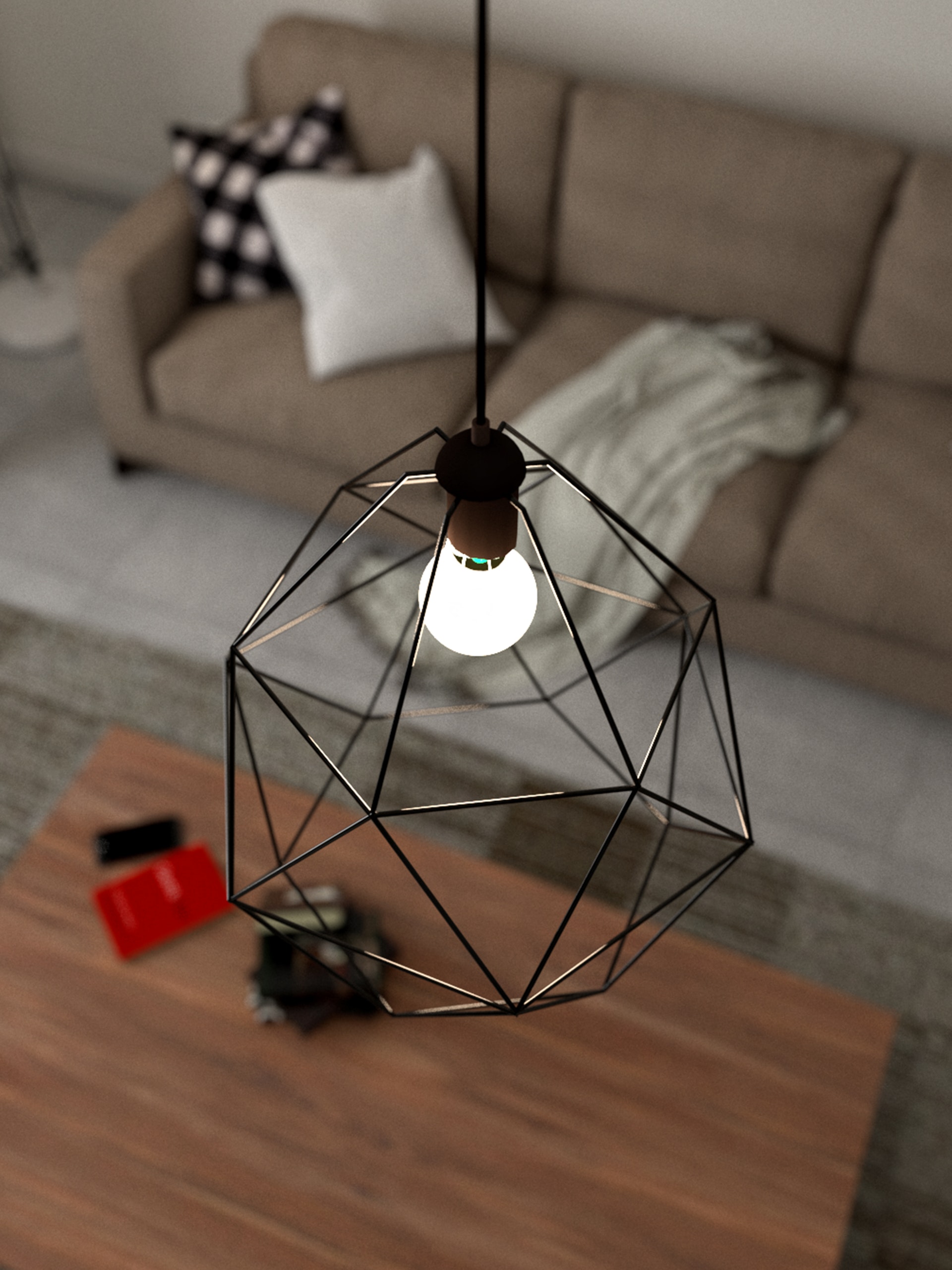A cold home is usually an unhappy home. It’s incredibly challenging to get comfortable if your house always feels really chilly. No matter how high you turn the thermostat, there’s a constant chill in the air.
As well as being uncomfortable, this is also potentially dangerous. If you have elderly family members staying with you, then they’re susceptible to cold weather and can contract diseases. The same goes for newborn babies.
So, why is your house so cold? Most of the time, it comes down to one of these reasons. Read through them, and I will also provide tips along the way to help you counter any issues!

Image Credit
(CC0 License)
There’s a hole in your roof
When it’s cold inside, the first place to check is your roof. Heat travels upwards, which means it can escape via your roof if there are any breaches. A breach is just a fancy term for a crack or hole that lets air escape. Even a small breach can cause big problems. Heat doesn’t stay in your home, which is why it feels much colder. A good way to tell if this is your problem is to check if you have a hole in your roof, but also to see if it’s always colder upstairs than it is downstairs.
To solve this problem, you will need to have your roof repaired or replaced. Find an experienced roofing company to do this as it is too risky to do by yourself. What you can do is check the various roofing materials available. If you’re replacing an old and damaged roof, then it might benefit you to switch to a newer material that offers more durability and insulation. Now, your roof shouldn’t leak any heat!
Your windows are letting air in and heat out
Similarly, your windows can do exactly what your roof is doing. This is a bigger issue as it means you lose heat from all over your home. The problem stems from aging windows – or ones that aren’t installed correctly. Small gaps can appear around the sides of the windows, or old material can deteriorate and allow gaps to form. As a result, cold air from outside leaks in and hot air from inside flows out. If you feel a cold breeze near your windows – and they’re fully shut – then this might be your problem.
Of course, the way you solve this is by repairing the windows. In some cases, the damage could be beyond repair. Or, there may be issues with how the windows were installed. In these scenarios, you’re better off getting a full service window replacement. It’s financially a smarter idea, and you ensure that you have new windows that are installed correctly and contain no gaps. If you’ve recently bought a new-build, then it’s well worth inspecting all the windows. I knew someone who moved into a new house, and two of the bedroom windows were installed with gaps in them. It’s surprisingly common as some companies look to rush the installation process.
Your doors are letting heat escape
Yep, your doors can also be at fault for your cold home. Mostly, we’re talking about any doors that open up outside. So, for most people, this is the front and back door – and maybe a patio door. Regardless, cold air can come in, and heat can escape through slight gaps around the doors.
Thankfully, fixing this can be much easier than the other two problems. You can buy door guards that fit around the door and act as a barrier. This stops heat from escaping and prevents cold air from rushing in. As a bonus, it also helps to soundproof your home and block out exterior noises. I would also suggest putting some of these strips/guards around all the rooms in your house. Just because it can help you contain heat within rooms. If you close the bedroom door, then you trap the heat inside more efficiently.
The insulation in your home is too old
Throughout your home, there should be insulation. You can’t see it because it’s between wall cavities and in your attic. Effectively, it works to insulate your home by keeping heat trapped inside. Sometimes, your insulation might be very old, which means it’s lost its power. It doesn’t work like it used to and fails to trap in heat. Therefore, your house feels a lot colder.
I will say that this is probably one of the least common reasons for houses feeling cold. Only because the average lifespan of insulation is nearly 100 years. If your home is brand new, then this won’t be a cause for concern. But, if your property is old and has had previous owners, then there’s no harm in calling an expert to check the insulation. If they say everything is fine, then you’re good. If not, then you need new insulation to heat up your home.

Image Origin
(CC0 License)
You’ve got hard flooring everywhere
Your flooring choices can also impact the temperature in your property. By hard flooring, I’m grouping the following things together:
- Laminate flooring
- Hardwood flooring
- Tiles
- Stones
- Vinyl
Basically, any flooring option that’s physically hard! So…anything but carpet. Hard flooring options have lots of benefits, but they lack one specific feature that gives carpet the edge. That’s right, they don’t insulate your home as well as carpet does. Carpeted flooring can make your house warmer, and that’s a fact. It traps heat in, and your feet don’t feel as cold when standing on it.
The solution to this issue is to either put carpet in some areas of your home or to throw down some thick rugs. Alternatively, you could get underfloor heating. This is expensive, but it will definitely solve the cold floor problem!
In conclusion, if your home is cold, then it will be down to one of these issues. Actually, that’s not technically true. Sometimes, a combination of these problems can cause your coldness. So, it’s always good to check if all of these issues are present before you make any changes. Then, you can enjoy a much warmer house.



